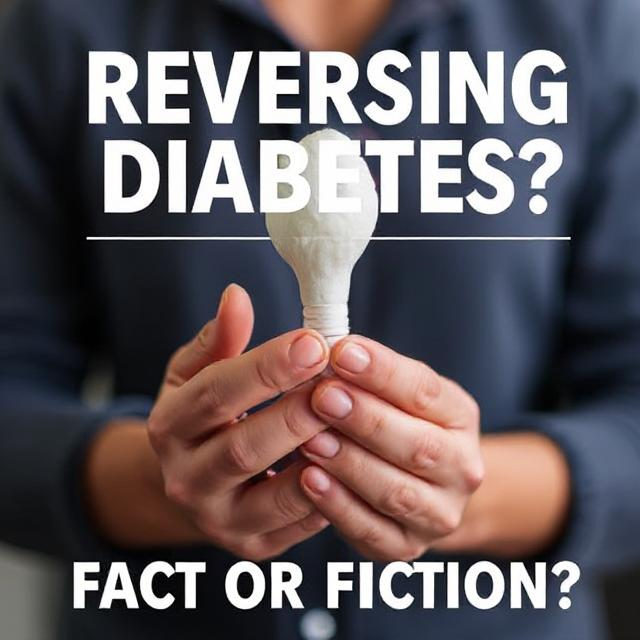The idea of using psychedelic therapy to treat depression has been gaining significant attention in recent years, with increasing research into its potential benefits. While it’s not yet considered a mainstream treatment, early studies and anecdotal evidence suggest that psychedelics, particularly substances like psilocybin (the active ingredient in magic mushrooms), MDMA, and LSD, may offer promise as therapeutic tools for people with depression, especially for those who have not responded to traditional treatments.
However, it’s important to note that the use of psychedelics for mental health is still an emerging field, and while there’s growing evidence of their effectiveness in some cases, more research and clinical trials are necessary to fully understand their potential and risks.
How Psychedelic Therapy Works
Psychedelic therapy typically involves the use of a psychedelic substance in a controlled, therapeutic setting under the supervision of a trained professional. The goal is not just to experience the drug’s effects, but to undergo a therapeutic process where the person can confront and work through their emotions, thoughts, and trauma with guidance.
- Psilocybin, for example, works by affecting serotonin receptors in the brain, which can lead to altered perception, thought patterns, and emotional states. This can facilitate profound insights and emotional breakthroughs.
- The experience of taking psychedelics is often described as one of ego dissolution, where people feel a sense of connection to the universe, themselves, or others, which can help reframe their perspectives and promote healing.
The Potential Benefits of Psychedelic Therapy for Depression
- Rapid Relief from Symptoms:
- Some studies suggest that psilocybin and MDMA can provide rapid and profound relief from depressive symptoms. Traditional antidepressants, like SSRIs, often take weeks or months to have an effect. In contrast, psychedelics have been shown to produce immediate shifts in mood and can help break the cycle of negative thinking associated with depression.
- Altered Perspective:
- Many people with depression experience persistent negative thought patterns and a sense of hopelessness. Psychedelic therapy, through its ability to alter perception, can help individuals reframe their thoughts and see things from a different angle. This can be particularly useful in breaking the mental patterns that fuel depression.
- Healing from Trauma:
- For those with treatment-resistant depression, psychedelics have been shown to help patients confront deep-seated trauma or unresolved emotional issues. The emotional breakthroughs that occur during therapy sessions can offer a sense of relief from past pain, potentially providing long-term healing.
- Neuroplasticity and Brain Rewiring:
- Psychedelics like psilocybin may promote neuroplasticity, which is the brain’s ability to form new neural connections. This could potentially “rewire” dysfunctional patterns in the brain associated with depression, helping to alleviate symptoms in a lasting way.
- Improved Emotional and Psychological Resilience:
- Some studies indicate that psychedelics can help individuals develop better emotional regulation and psychological resilience, which can be especially helpful for managing ongoing depression.
Research and Evidence:
- Psilocybin: Multiple studies, including research at Johns Hopkins University, have shown that psilocybin therapy can significantly reduce symptoms of depression in individuals, with some reporting lasting relief for several months after just one or two sessions.
- MDMA: While MDMA is primarily known for its use in the context of post-traumatic stress disorder (PTSD), research is also exploring its potential benefits for depression. Some studies have indicated that MDMA-assisted therapy can alleviate depressive symptoms in those dealing with both PTSD and depression.
- LSD: There has been some promising research into LSD’s potential to help with mood disorders like depression. However, more research is needed to establish its specific efficacy in treating depression.
The Risks and Considerations:
- Psychological Risks:
- While many individuals report positive and transformative experiences with psychedelics, the intense, altered states of consciousness can also be overwhelming or disturbing. People with certain underlying mental health conditions, such as schizophrenia or bipolar disorder, may be at increased risk of psychosis or hallucinations during psychedelic experiences.
- Not a “Cure-All”:
- Psychedelic therapy is not a cure-all. It’s most effective when combined with psychotherapy and is typically administered in a controlled, therapeutic setting. The experience should not be seen as a quick fix, but rather as part of a holistic, long-term treatment plan for depression.
- Side Effects:
- Some people may experience nausea, anxiety, or confusion during their psychedelic experiences. These effects are usually temporary but can be uncomfortable. The risk of misuse or self-medication outside of a controlled therapeutic environment is also a concern, as the experience may be difficult to navigate without professional guidance.
- Legal Status:
- The legality of psychedelic substances varies by country and region. In many places, psilocybin, MDMA, and LSD are classified as illegal substances, making it difficult for individuals to access legitimate therapeutic options.
Current Status and Future Directions:
- Clinical Trials: Several clinical trials are currently underway to better understand the effectiveness of psychedelics in treating depression. These trials are crucial for determining the safety and efficacy of psychedelic therapy, as well as developing protocols for its use.
- FDA Approval: In recent years, there has been growing momentum to get psychedelics like psilocybin approved for medical use. The FDA has granted breakthrough therapy status to psilocybin for treatment-resistant depression, which means the agency is expediting its research and approval process.
- Therapist Training: The success of psychedelic therapy relies heavily on the guidance of trained professionals. Developing a network of well-trained therapists is key to ensuring that the therapeutic process is effective and safe.






